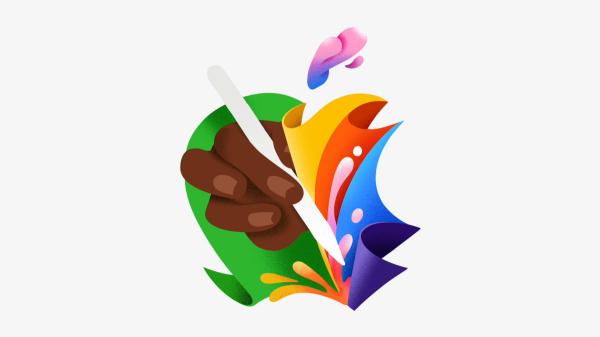Cannabis has been taken for therapeutic purposes since long before humans started recording history. Of course, back then, our species' understanding of the plant's benefits was completely non-scientific. We had no idea about what compounds were in the herb, and the intricate reactions that they make inside the body. We simply knew that smoking or eating cannabis could provide us with relief from multiple ailments, many of them related to pain.
But since scientific research has started on marijuana, we have gotten a sense of the bigger picture. Cannabis is much more than a single chemical, in fact there are more than 400 known to us, with at least 113 of them cannabinoids. Instead of positively affecting the body by chance, the unique cannabinoid compounds in the plant work as one, in the complex endocannabinoid system (ECS).
Each cannabinoid produces individual effects, with delta-9-tetrahydrocannabinol (THC) and cannabidiol (CBD) having by far the most influence. THC is the psychoactive piece in the cannabis puzzle, while no amount of CBD will cause intoxication. Researchers began isolating these compounds midway through the 20thcentury and have since studied the impact they have on their own and when combined in a whole-plant mix.
The isolated benefits of CBD
The most important development that has come thanks to this scientific technology is the emergence of non-psychoactive products, that provide therapeutic benefits which are unique to hemp and cannabis. There is no other known way to promote ECS regulation than with cannabinoids, but the reality used to be that this would have to come with a psychotropic experience.
There is full-plant hemp-based CBD products, which are described as full-spectrum. These are, as the name suggests, products made with all the compounds from the hemp extract, which are legal as long as the THC level remains within 0.3 percent (United States legislation, slight variance in other countries).
But the other option is CBD-isolate products, made just with the CBD. These have become possible with the progression of supercritical CO2 extraction technology. This extraction method also stands above extracting CBD using solvents, because it siphons off all potentially dangerous toxins and heavy metals.
Sometimes, CBD works better when used as a solo treatment, even though whole-plant cannabis is potentially more effective generally because of a special synergistic effect. Anxiety is one such example of this. Because THC is psychoactive, mindset can be very volatile, with the brain-altering chemicals promoting either euphoria or a paranoia and anxiety combo. Which way a trip will go often has nothing to do with the dose, but the environment in which the cannabis has been taken, and the people (or lack of them) around. In a safe, secure and well-known area, you'll likely have no issues, but in less familiar surroundings, negative thoughts can seep in and amplify.
The anti-anxiety effects of cannabis appear to be mostly contained within CBD, and there are no properties in CBD that may trigger anxiety. A Green Roads CBD tincture responds quickly, with the anxiolytic effects apparently within 10 to 15 minutes of taking a dose.
Furthermore, our improved understanding of cannabinoids has shown us that CBD reduces some of the less helpful effects of THC. By suppressing CB1 receptor activity when THC molecules are linked to these receptors, CBD serves to control THC's psychoactive effects. Interestingly, through this mechanism, researchers are studying whether CBD could be used to manage psychosis as an antipsychotic drug.
The changing cannabis plant
Knowing the effects of each crucial cannabis compound has certainly opened the plant up to manipulation. Medicinal growers are cultivating strains to increase the CBD content, while recreational growers are looking for tricks to enhance the concentration of THC.
As CBD doesn't have side effects and is tolerated well, even in doses of more than 1,000mg, the emergence of high-CBD strains poses no concern and may eventually help bring product costs down for CBD users. However, high-THC cannabis does subject the body to more of this potent chemical than it is used to, and the cannabinoid can have some negative effects on the brain when taken in very large amounts, such as causing hippocampal atrophy, from which motivation issues may stem. In contrast, low-dosing THC may help to promote neurogenesis and create new neural pathways.
To moderate the strong effects of THC, it can be a good idea to take CBD every now and then. The hemp-based industry is thriving, with CBDistillery making concentrates, topicals, tinctures, vape pens and more.











